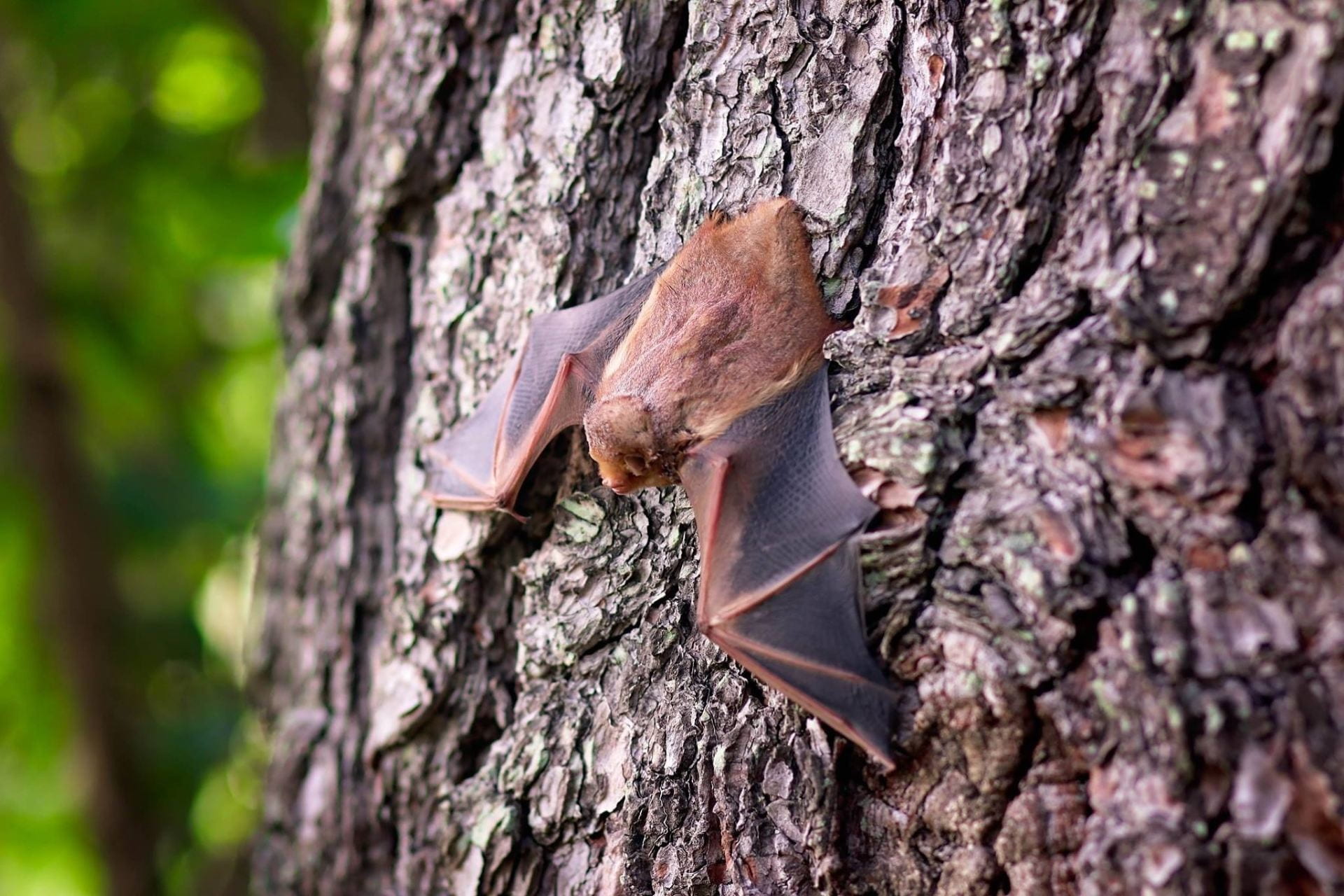The Benefits of Bats: Exploring Nature’s Nighttime Allies
Bats are fascinating creatures that play a vital role in our ecosystem. In this article, we will delve into the numerous benefits that bats provide to the environment, agriculture, and even human health. Join us as we uncover the remarkable contributions of these nocturnal creatures and gain a deeper appreciation for their importance.
Natural Pest Control
Bats are nature’s ultimate pest controllers. They are voracious insect eaters, consuming thousands of insects each night. By feasting on pests such as mosquitoes, moths, and beetles, bats help to regulate insect populations naturally without the need for harmful pesticides.
Pollination
Did you know that some species of bats are important pollinators? These remarkable creatures play a crucial role in the pollination of various plants, including fruits, flowers, and even cacti. As bats feed on nectar, they inadvertently transfer pollen from one flower to another, aiding in the reproduction and genetic diversity of plants.
Seed Dispersal
Bats are excellent seed dispersers, contributing to the growth and regeneration of forests and other ecosystems. As they consume fruits and berries, bats help to disperse the seeds through their droppings, allowing new plants to take root in different areas. This process is essential for maintaining biodiversity and the overall health of ecosystems.
Agricultural Benefits
Bats provide significant benefits to agriculture by reducing the need for chemical pesticides. By controlling insect populations, bats help to protect crops from damage and increase agricultural yields. Farmers who understand the value of bats often implement bat-friendly practices, such as installing bat houses or preserving natural habitats, to encourage their presence on their farms.
Medicinal Potential
Bats possess unique immune systems that make them natural reservoirs for various viruses. While this may sound concerning, it also presents opportunities for medical research. Scientists study bat immune systems to gain insights into potential treatments for human diseases. The study of bats has led to advancements in understanding viruses like Ebola and SARS, ultimately aiding in the development of vaccines and treatments.
Ecological Balance
Bats are integral to maintaining ecological balance. They occupy various niches in diverse ecosystems, contributing to the overall health and stability of these environments. The absence of bats can lead to imbalances, such as increased insect populations, reduced plant diversity, and disrupted food chains.
Cultural and Educational Value
Bats have captivated human imagination throughout history, appearing in myths, folklore, and literature. They are often associated with mystery, darkness, and Halloween. By learning about bats, we can dispel misconceptions and appreciate their importance in the natural world. Bats also provide educational value, serving as fascinating subjects for scientific research and inspiring curiosity in both children and adults.

Bats are remarkable creatures that offer a wide range of benefits to our world. From natural pest control and pollination to seed dispersal and medical research, bats play an indispensable role in maintaining the health and balance of ecosystems. By understanding and appreciating these benefits, we can work towards their conservation and ensure a harmonious coexistence with these fascinating creatures.
Frequently Asked Questions
1. How do bats benefit the environment?
Bats play a crucial role in pollination, seed dispersal, and insect control.
2. Do bats help in controlling pests?
Yes, bats are natural pest controllers as they consume large quantities of insects, including mosquitoes and agricultural pests.
3. Can bats help in reducing the use of pesticides?
Definitely! By reducing the insect population, bats can help minimize the need for chemical pesticides.
4. Are bats important for plant reproduction?
Absolutely! Bats are essential pollinators for many plants, including those that produce fruits, nuts, and even tequila.
5. What is the economic value of bats?
Bats contribute billions of dollars annually to the global economy by providing free pest control services and supporting industries like agriculture and tourism.
6. Can bats help in controlling diseases?
Yes, bats play a role in controlling diseases by reducing the population of disease-carrying insects, such as mosquitoes.
7. Do bats have any medicinal benefits?
Some compounds found in bat saliva and venom have shown potential in medical research, including anticoagulants and anti-inflammatory agents.
8. Are bats endangered?
Many bat species are indeed endangered due to habitat loss, climate change, and disease, making their conservation crucial.
9. Can bats be harmful to humans?
Bats are not harmful if left undisturbed in their natural environment. It’s important to avoid direct contact with bats to minimize any potential risks.
10. How can I support bat conservation?
You can support bat conservation efforts by promoting bat-friendly practices, such as installing bat houses, protecting their habitats, and spreading awareness about their importance.




